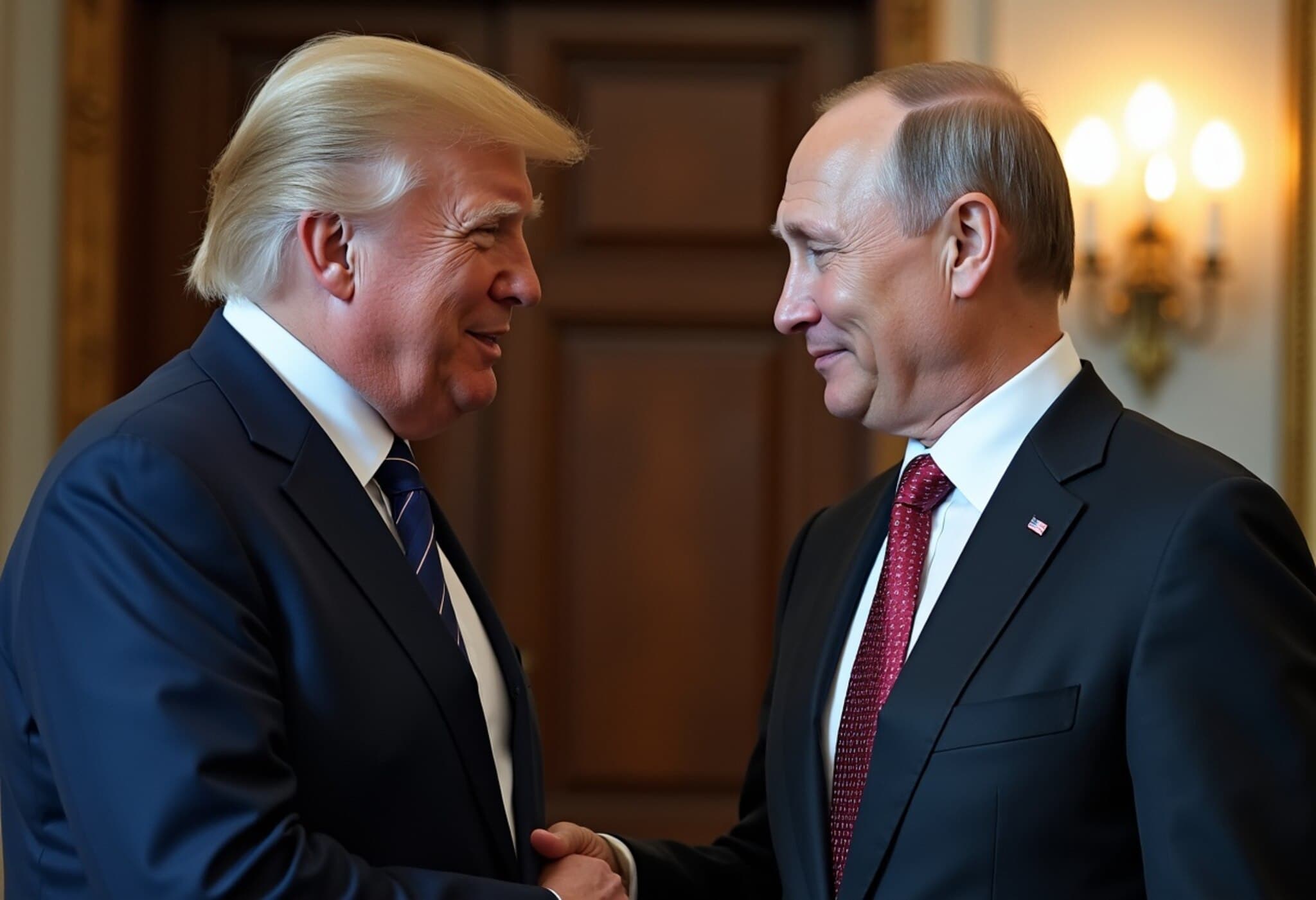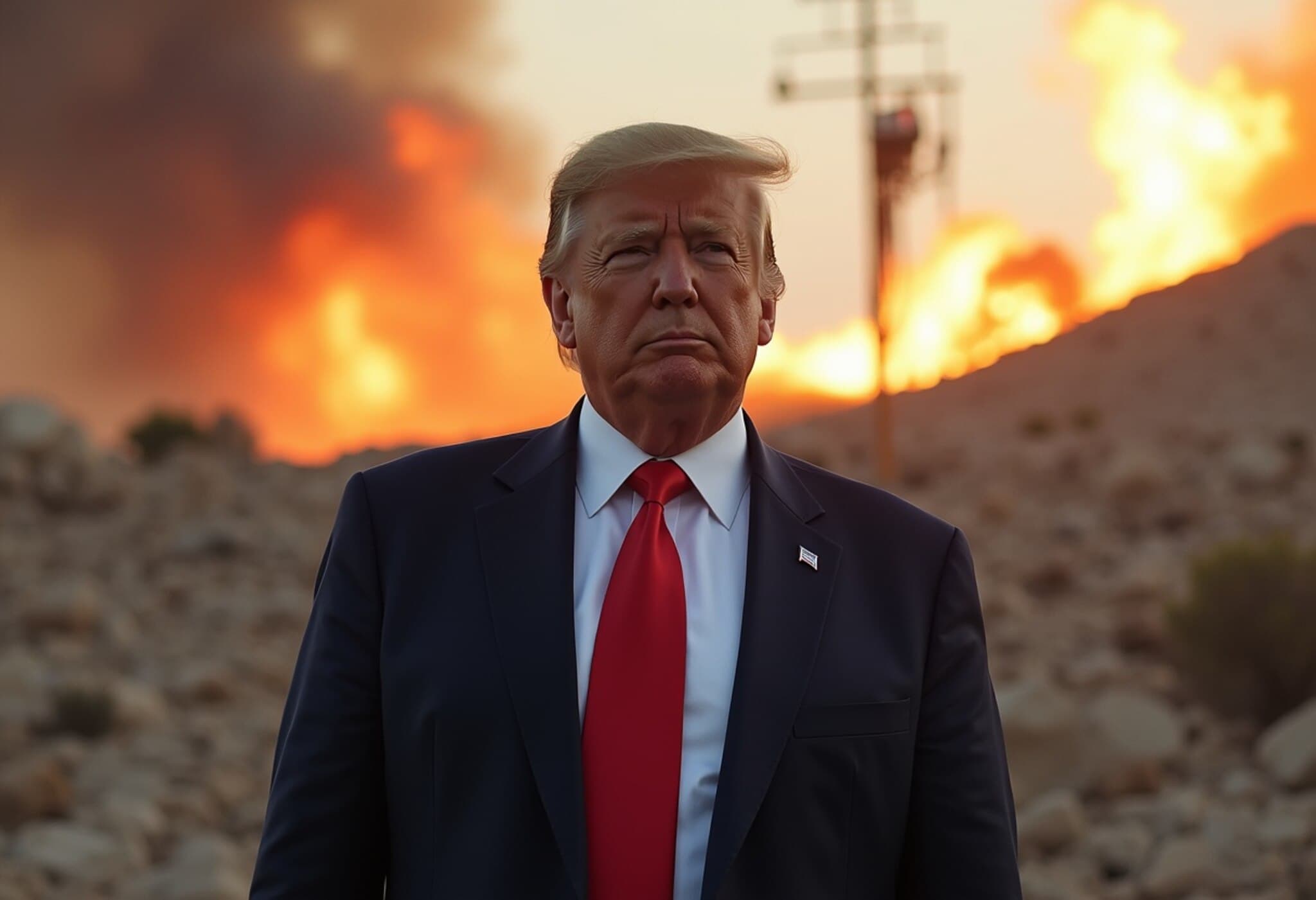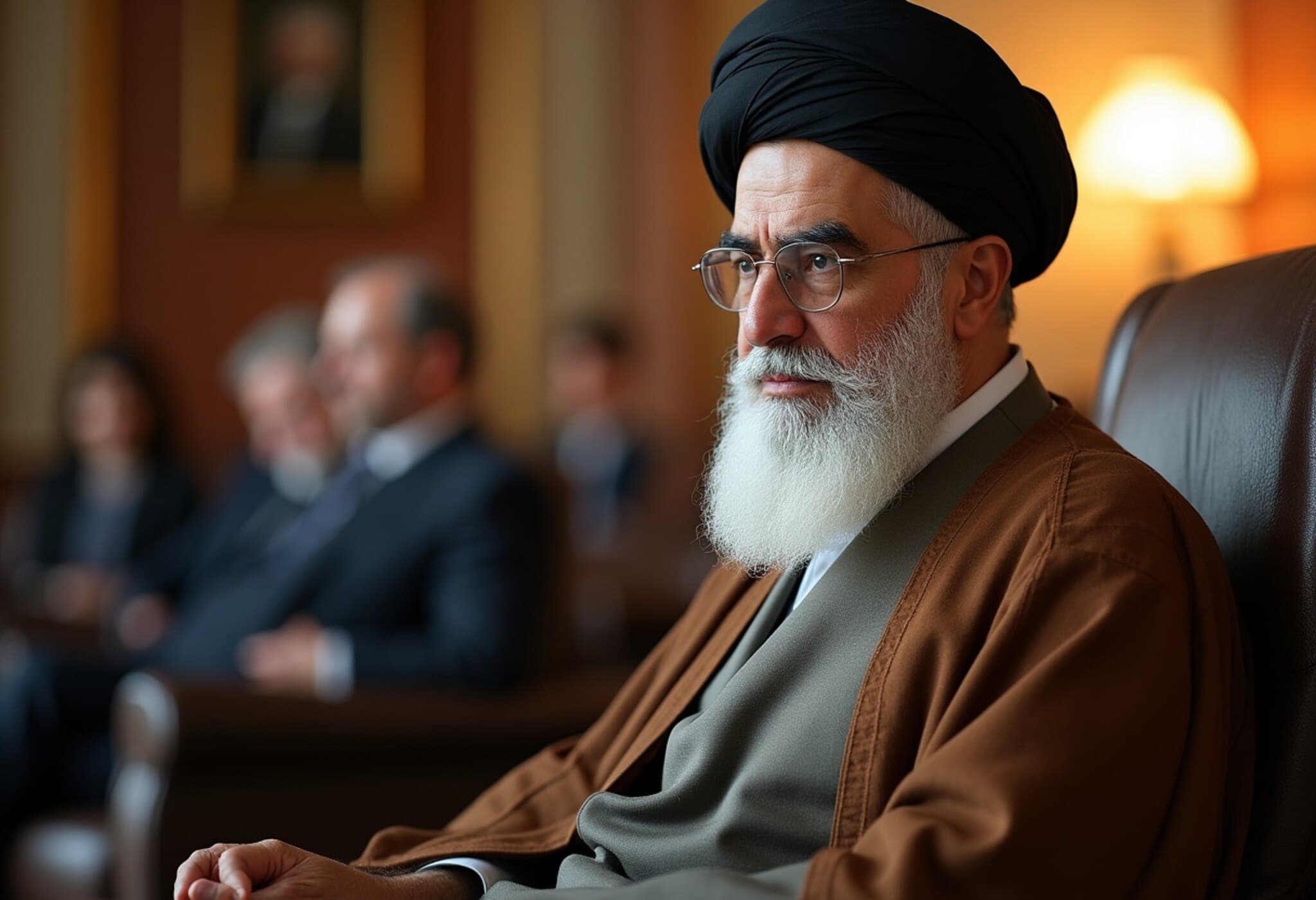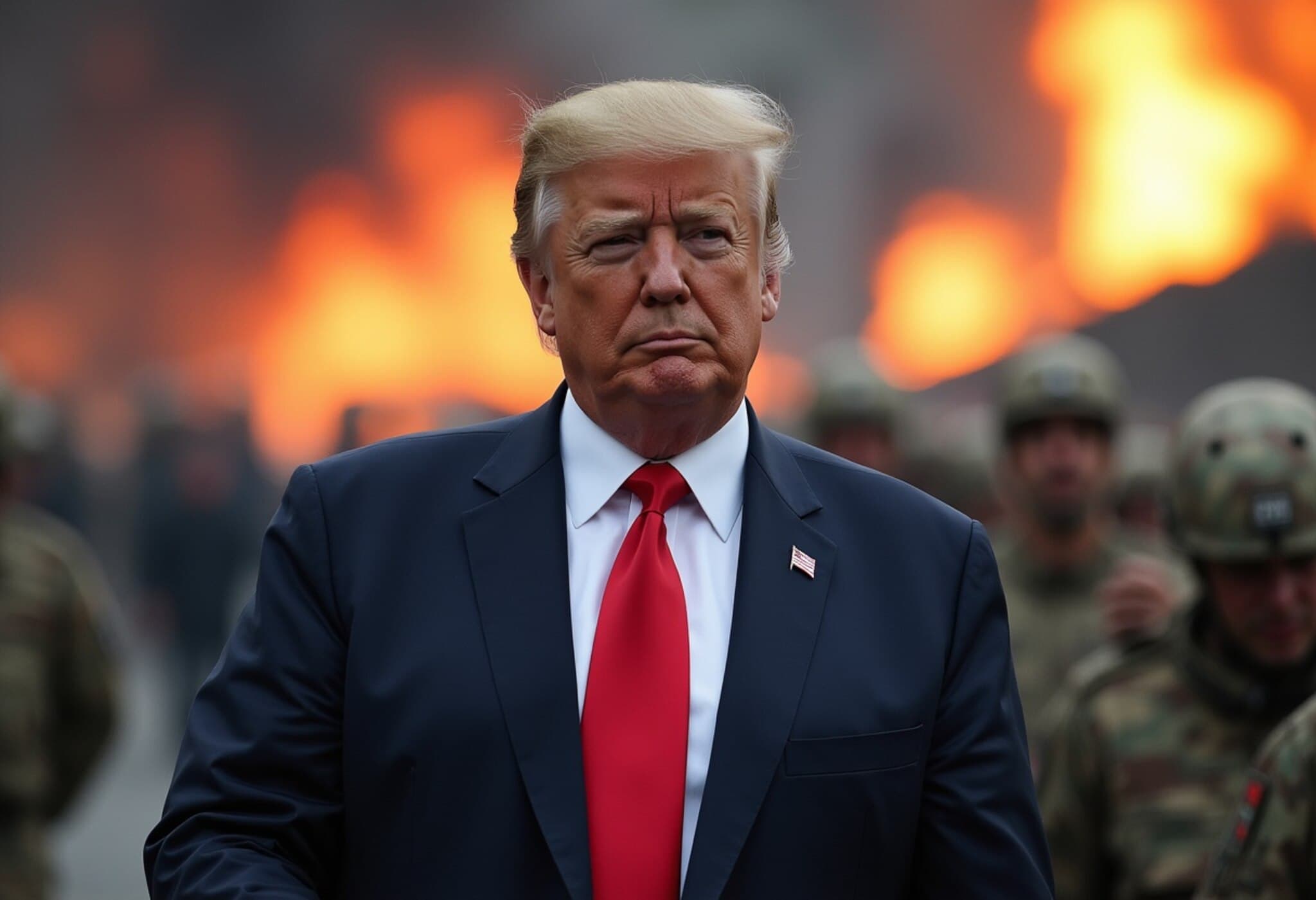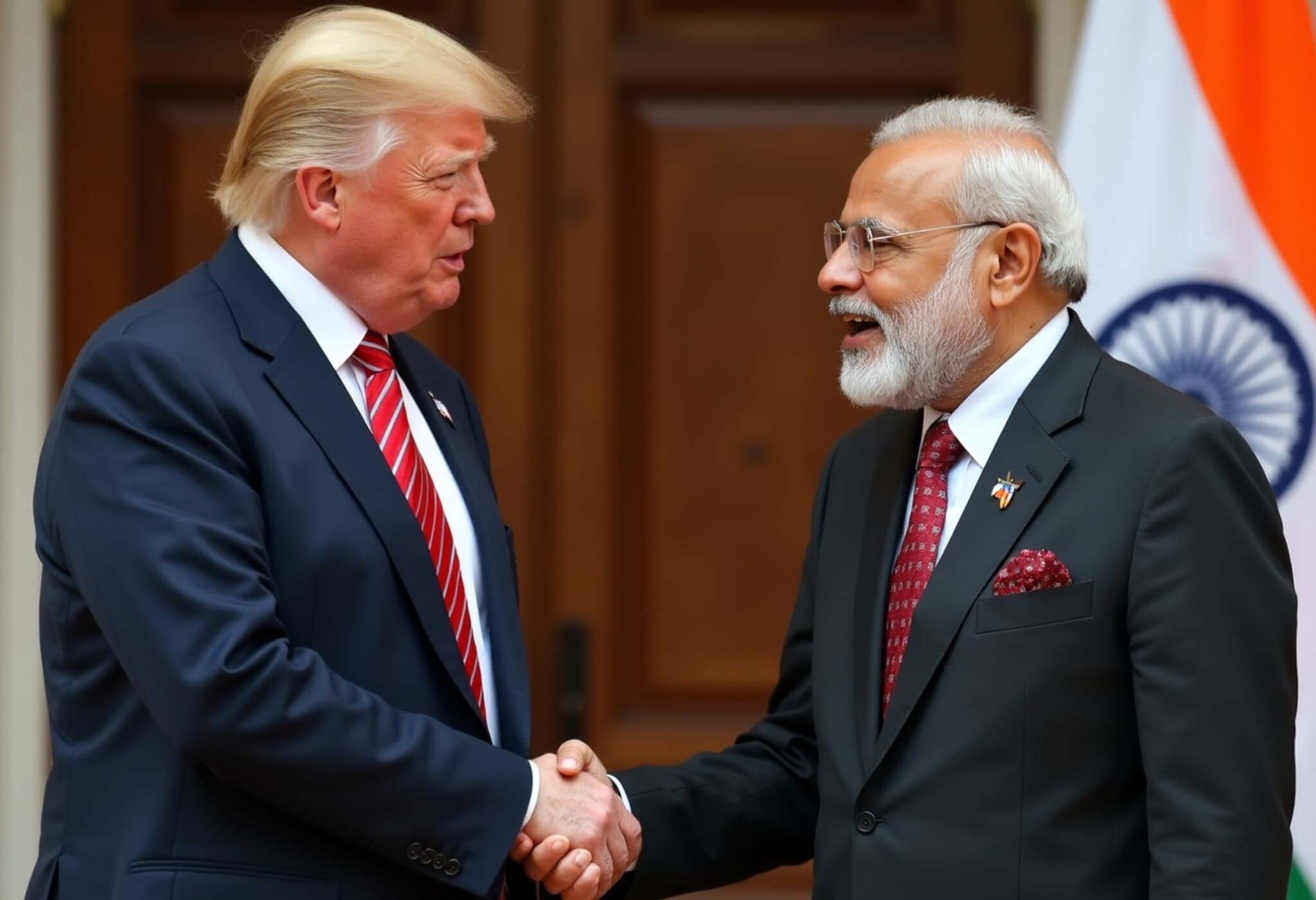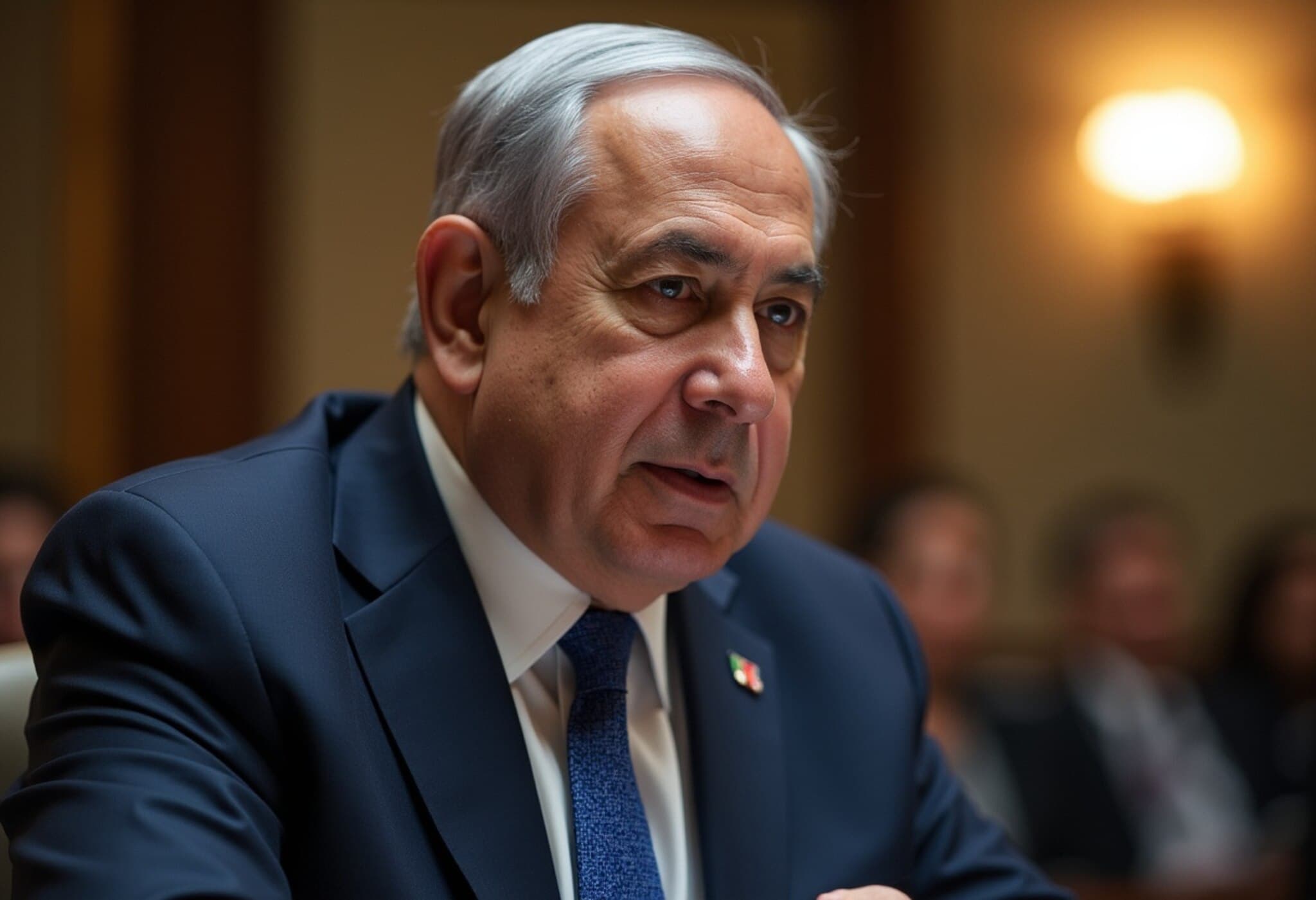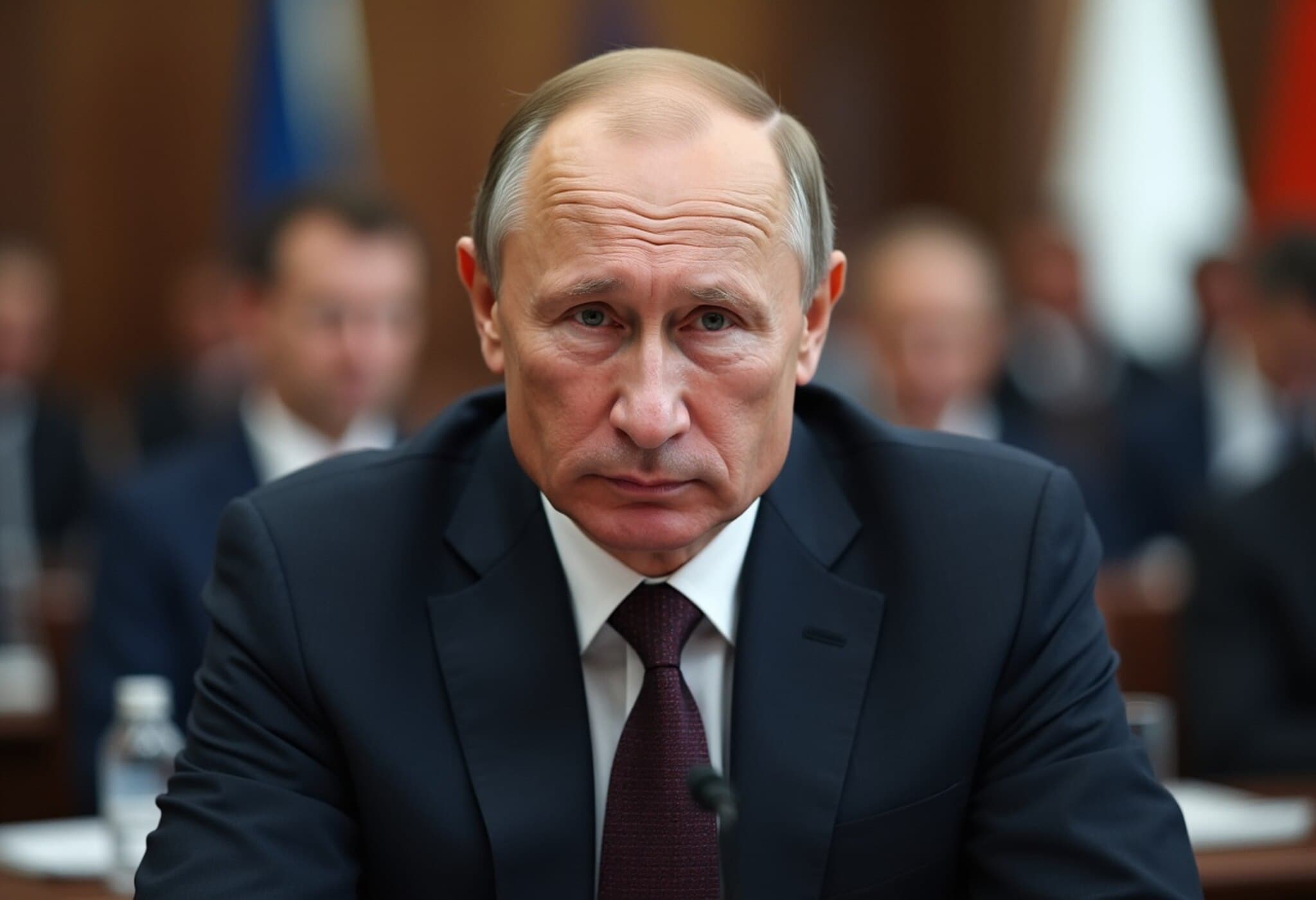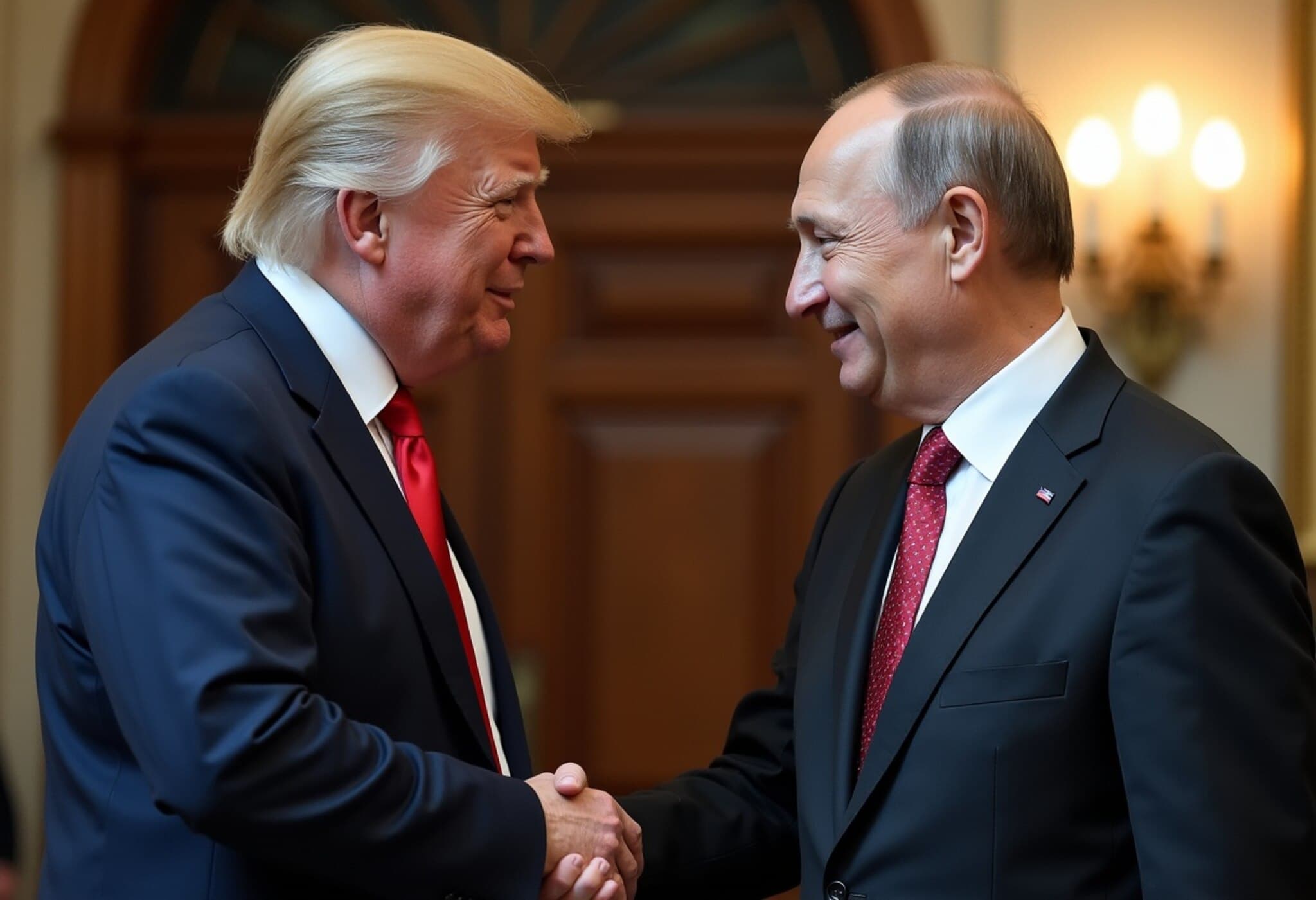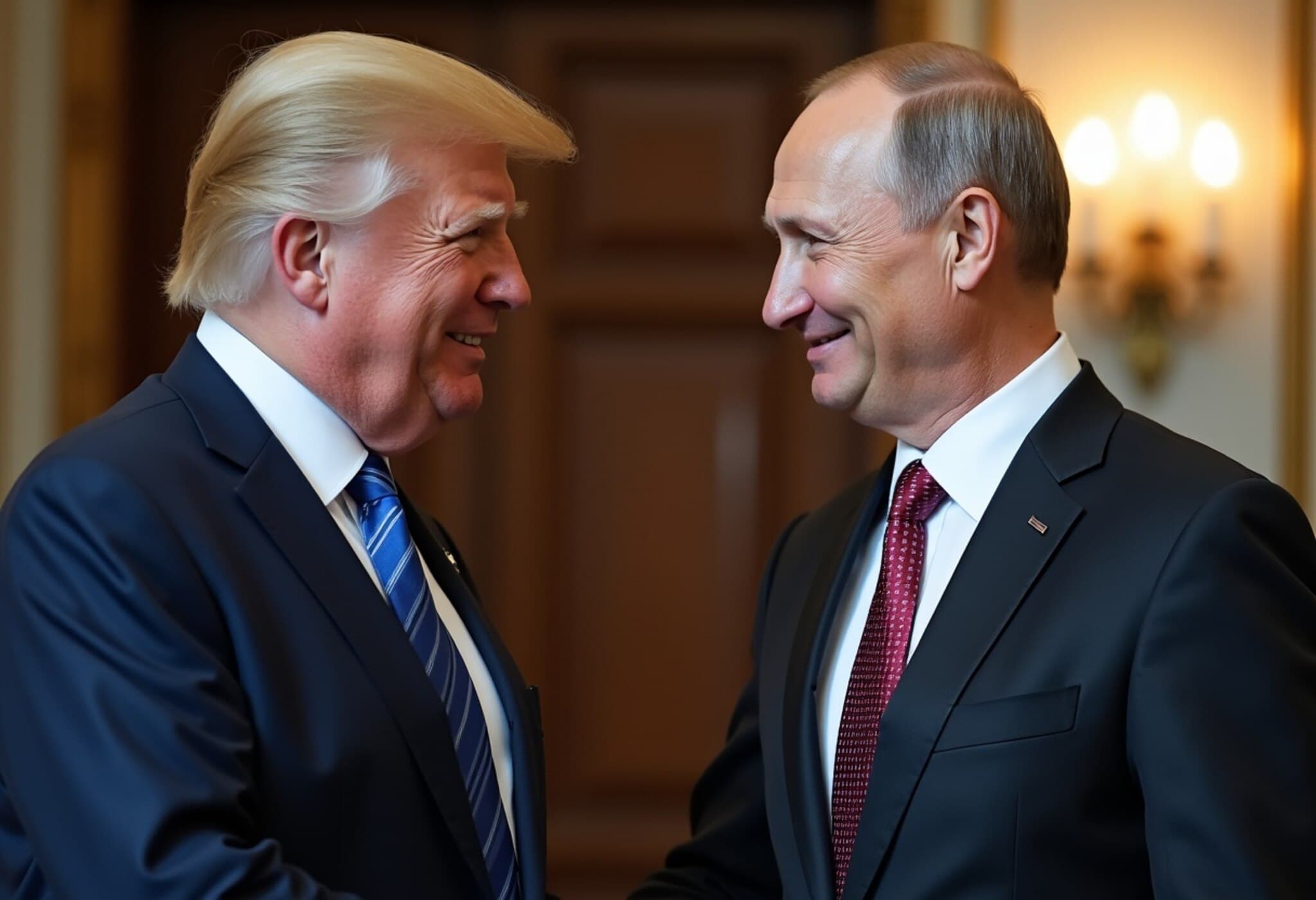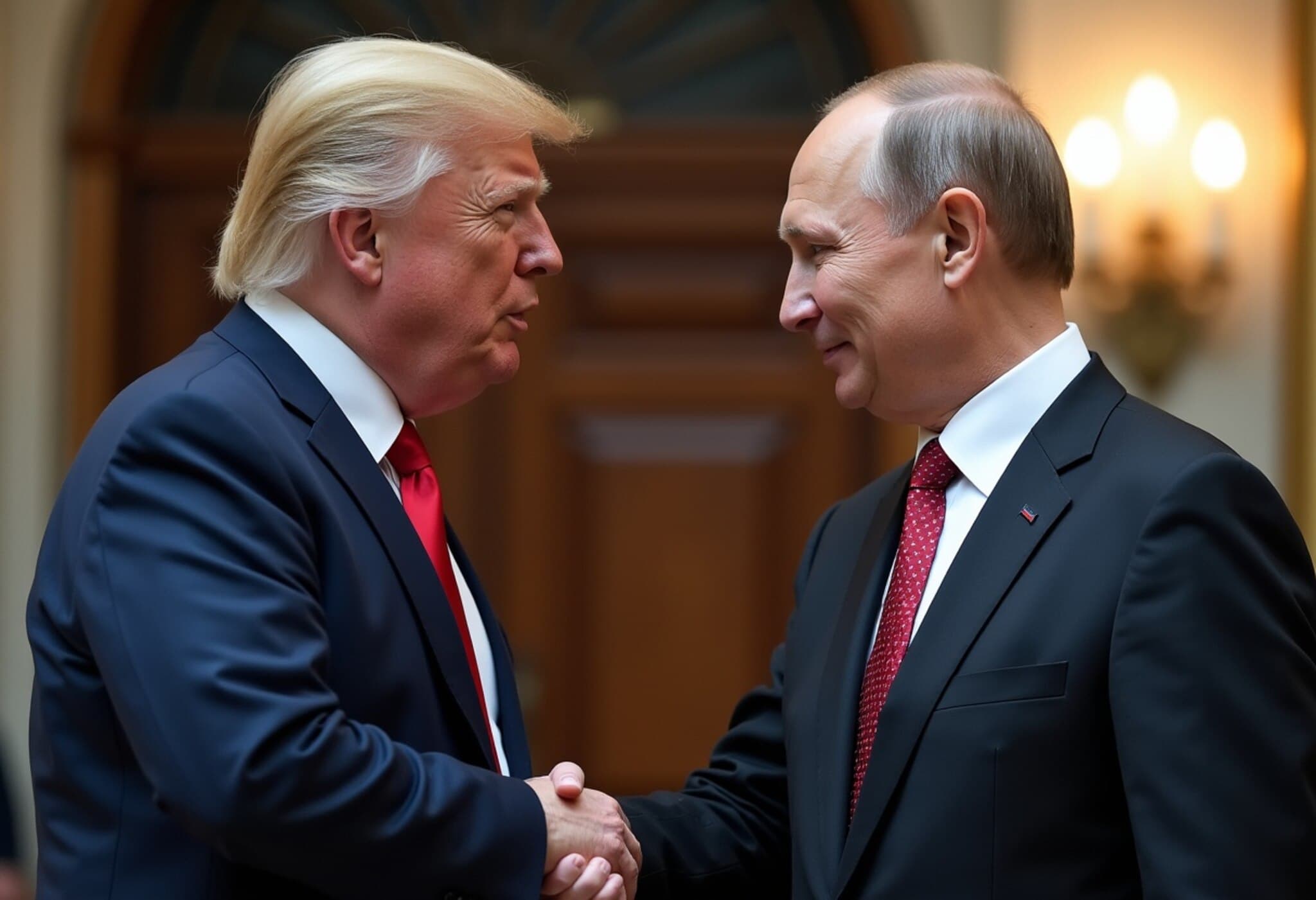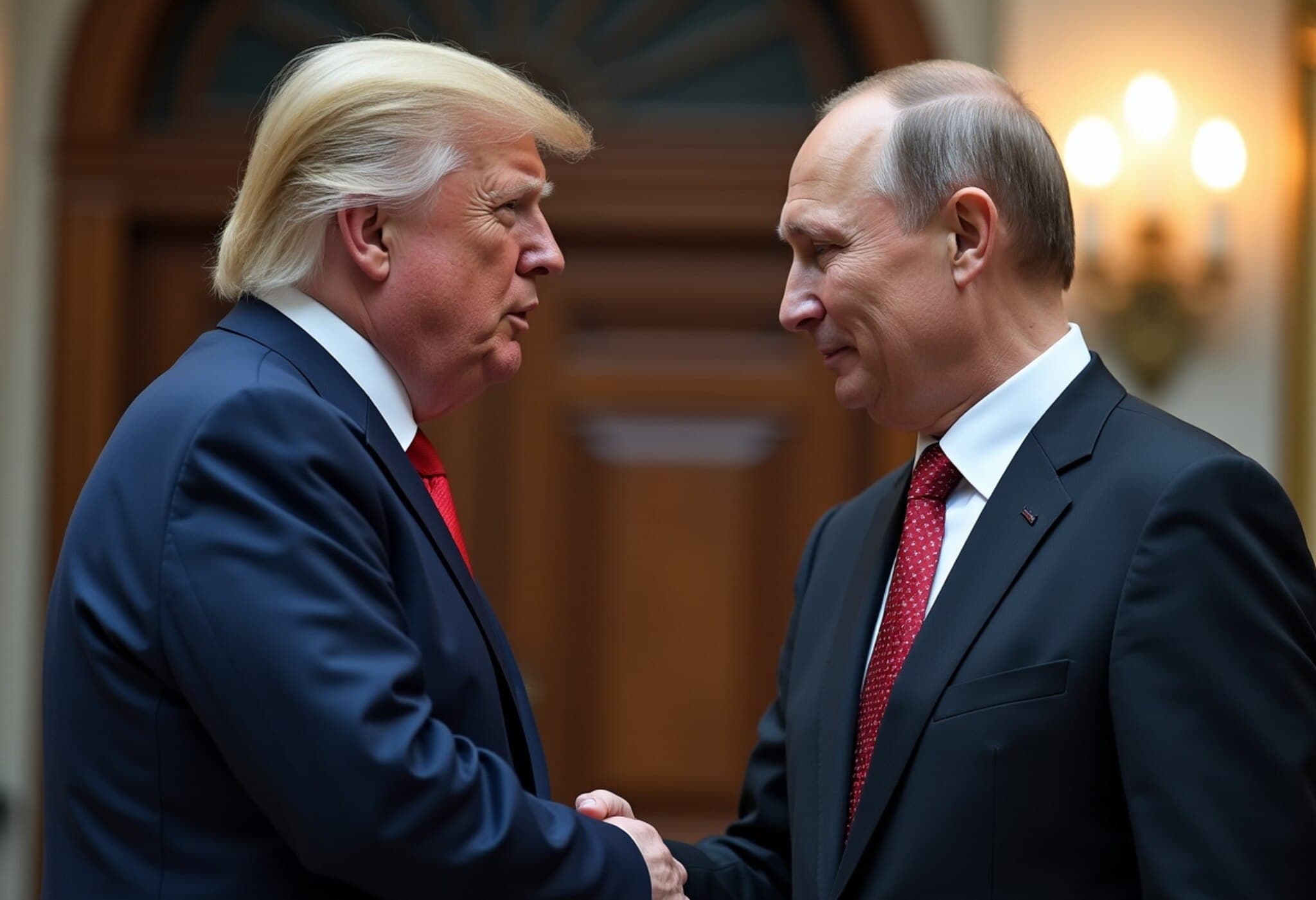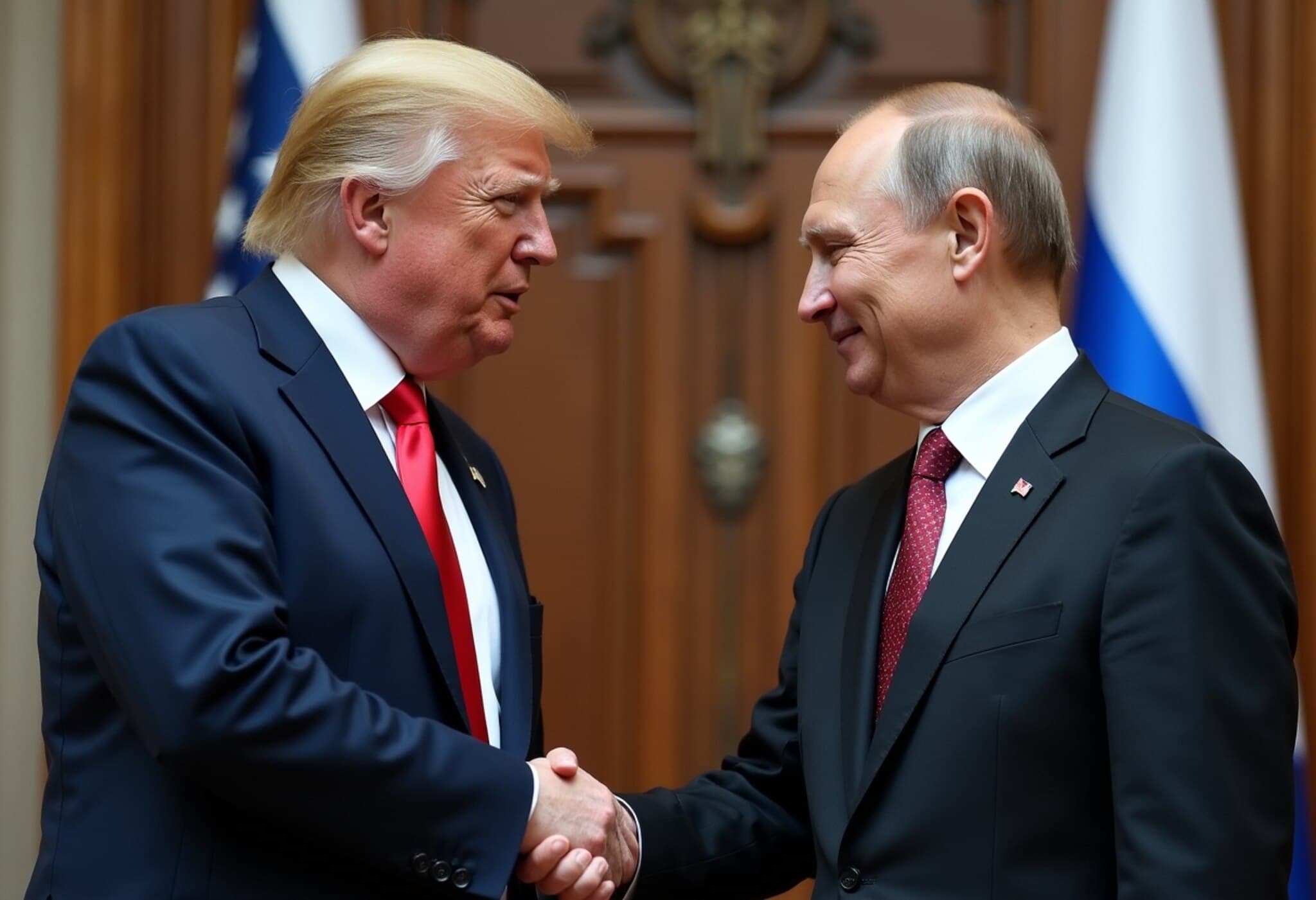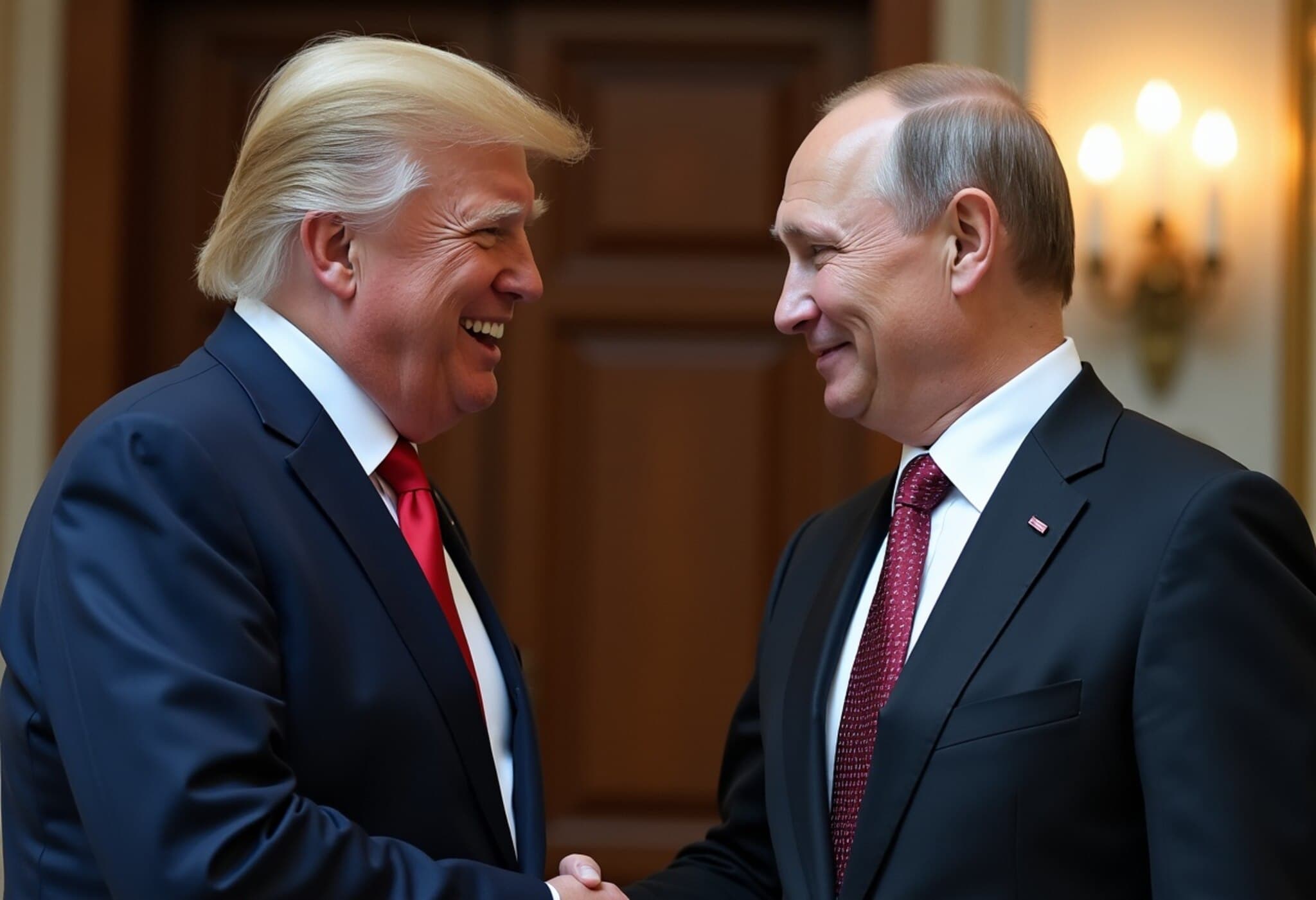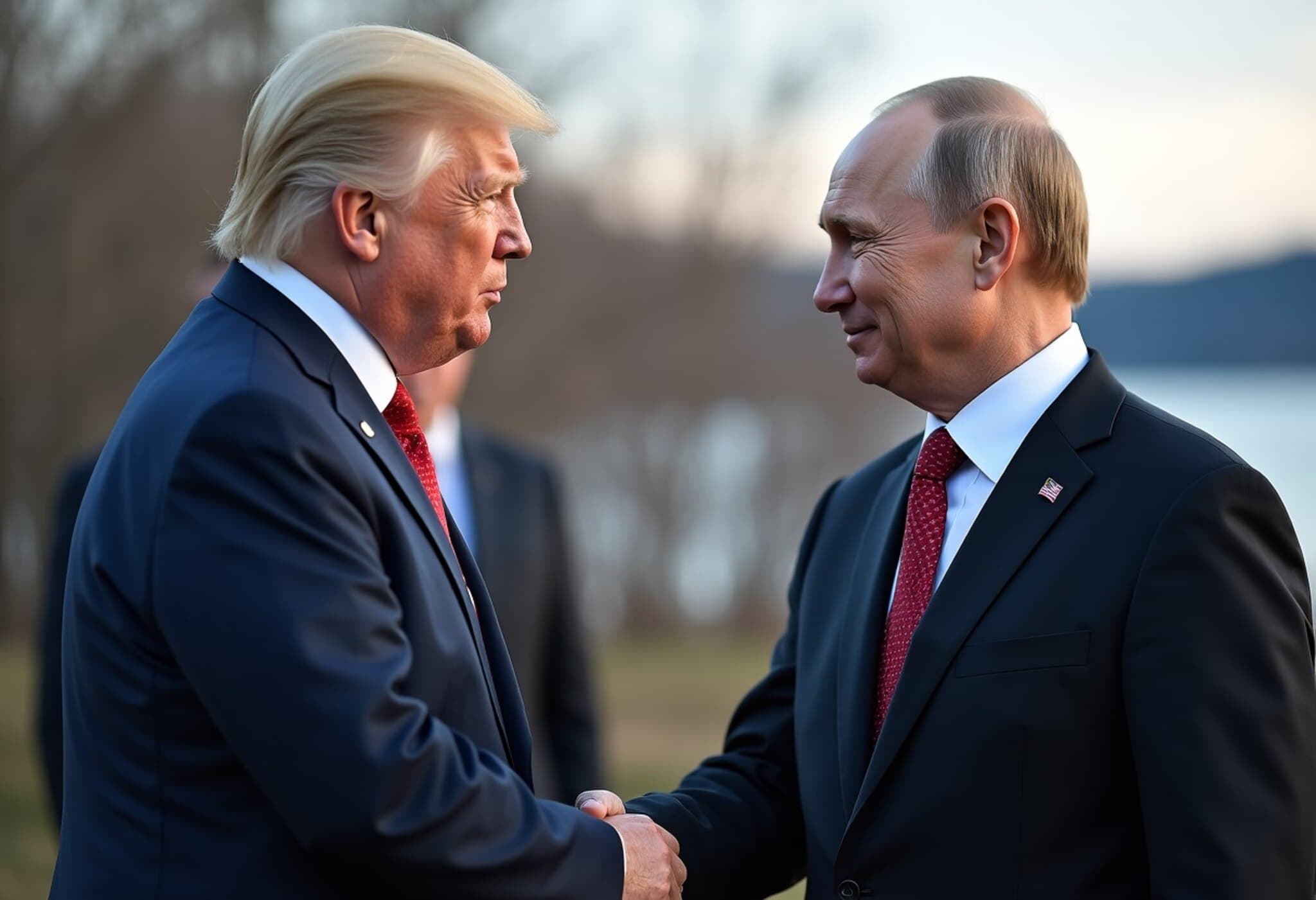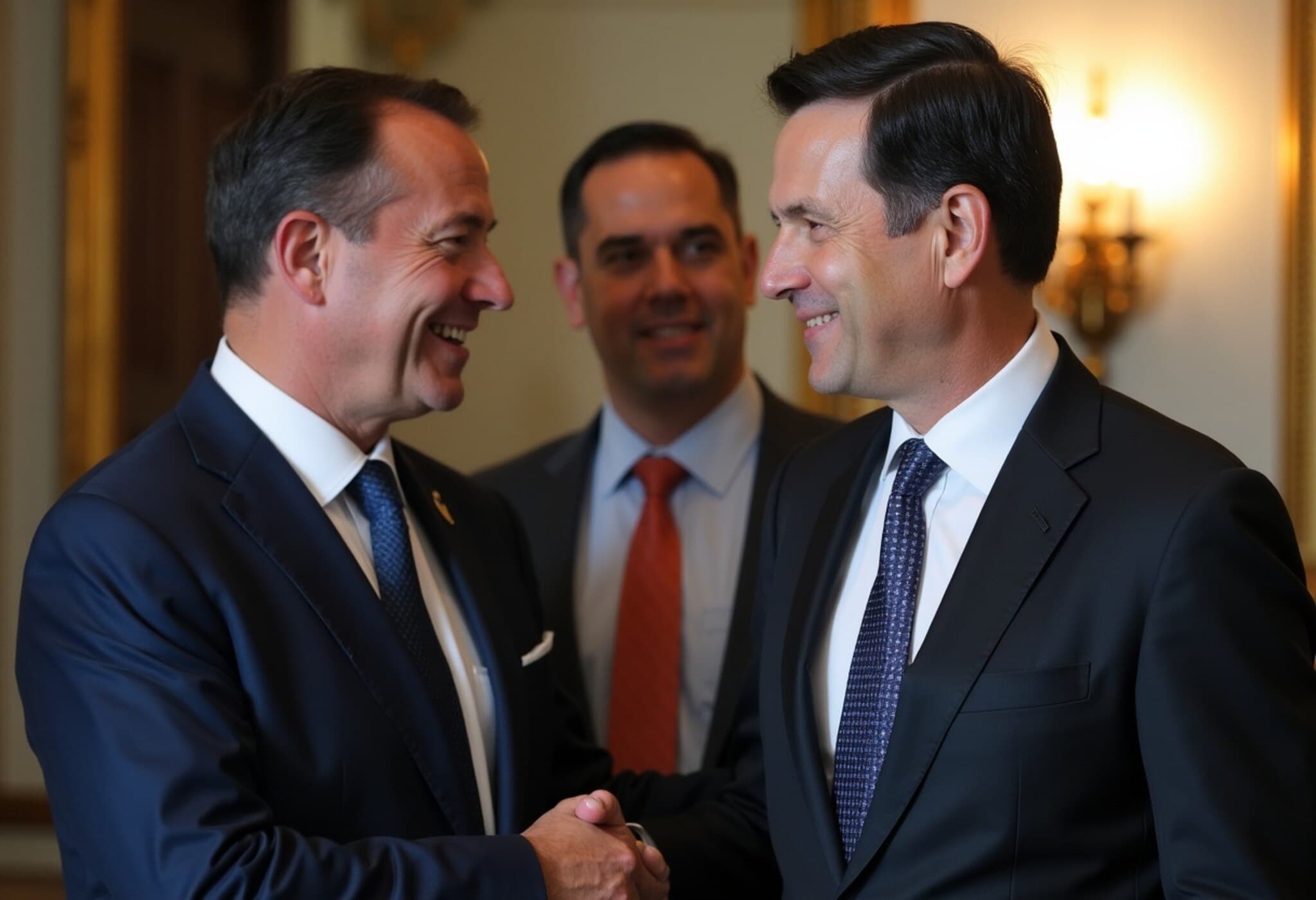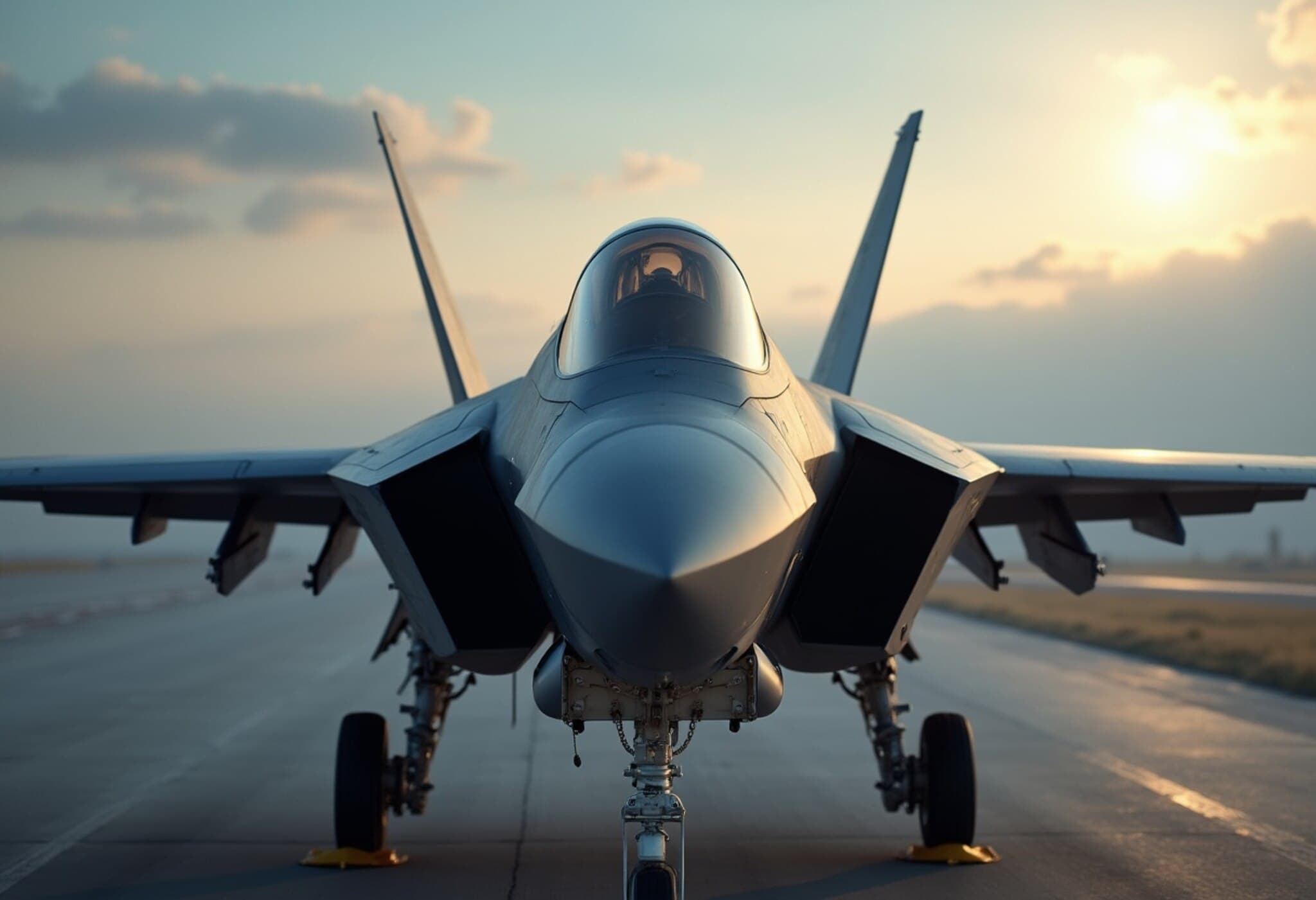Trump’s Bold Threat to Putin Amid Ukraine Conflict
In a startling disclosure, former US President Donald Trump reportedly warned Russian President Vladimir Putin that he would "bomb the shit out of Moscow" if Russia chose to invade Ukraine. This revelation, emerging amid the ongoing conflict that began in February 2022, casts new light on the complex dynamics between the two leaders and underscores the limitations of diplomatic threats in the face of geopolitical ambitions.
The Context of the Warning and Russia’s Response
According to an audio recording shared by CNN, Trump described a conversation where he told Putin, "If you go into Ukraine, I’m going to bomb the shit out of Moscow. I’m telling you I have no choice." Putin, reportedly skeptical, responded with disbelief, believing only about 10% of the threat. Nevertheless, Russia proceeded with the full-scale invasion of Ukraine, indicating either a dismissal of Trump’s warning or a calculated gamble on Washington’s response.
Despite the severity of Trump’s admonition, his administration did not implement direct military repercussions against Moscow following the invasion. This gap between rhetoric and action has drawn sharp criticism from international observers and policy analysts who contend that such warnings without follow-through risk emboldening aggressors rather than deterring them.
Parallel Warning to China Raises Stakes
Trump also revealed he had issued a similar stark warning to Chinese President Xi Jinping concerning Taiwan's sovereignty. He recounted that Xi thought he was "crazy" for such a threat. These disclosures illuminate a pattern of Trump’s unconventional and arguably confrontational approach to nuclear-armed rivals, emphasizing blunt deterrence over traditional diplomatic channels.
Putin’s Calculated Defiance and the Ongoing War
Russia’s invasion has sparked a devastating conflict marked by relentless aerial assaults, missile strikes, and humanitarian crises. Analysts point out that Putin’s apparent disregard for Trump’s warnings reflects a broader strategic calculation. The Kremlin has continuously downplayed or outright denied the validity of the reported conversations. Kremlin spokesperson Dmitry Peskov categorized the claim as potential misinformation, stating, "Whether it is fake or not, we do not know. There is a lot of fake news these days."
This skepticism reinforces how political messaging and public narratives are often tools for framing power dynamics rather than transparent windows into state intentions. However, it raises critical questions about the effectiveness of deterrence strategies focused solely on threatening escalation without clear policy follow-through.
Expert Insight: The High Stakes of Strategic Communication
From a policy perspective, the episode underscores challenges in balancing credible deterrence with de-escalation. Experts caution that while muscular rhetoric can momentarily signal strength, it risks escalating tensions if not backed by concrete actions or multilateral support.
Moreover, the American legal and constitutional framework places war-decision authority with Congress, complicating unilateral threats from the executive branch. This reality situates Trump’s remarks more as political signaling than actionable military policy, raising questions about accountability and consistency in U.S. foreign policy messaging.
Underreported Dimensions
- The psychological impact of such threats on Russian decision-making remains ambiguous and poorly documented.
- The absence of coordinated international pressure following the invasion points to fractured Western unity—a crucial factor emboldening Kremlin strategies.
- The human cost of the war, often overshadowed by geopolitical chess games, calls for renewed emphasis on diplomatic solutions prioritizing civilians’ safety.
What This Means for the Future of US-Russia Relations
Trump’s reported warning and the Kremlin’s reaction provide a microcosm of the fraught US-Russia relationship, marked by mistrust, mixed signals, and competing global ambitions. It also highlights the limits of individual leaders’ interactions against the backdrop of entrenched strategic interests.
With Russia's war in Ukraine showing no signs of abating, these revelations invite deeper inquiry into how future diplomatic efforts might balance deterrence with dialogue and whether more nuanced, multilateral approaches could yield more effective conflict resolution.
Editor’s Note
This report surfaces critical tensions in international diplomacy where blunt threats intersect with complex power structures and contested narratives. While dramatic in tone, such warnings underscore the precarious nature of global security when rhetoric is not matched by coordinated, transparent policy action. Readers are encouraged to reflect on how geopolitical communications shape public perceptions and on what meaningful steps the global community can take to prioritize peace over escalation in persistent conflict zones.

